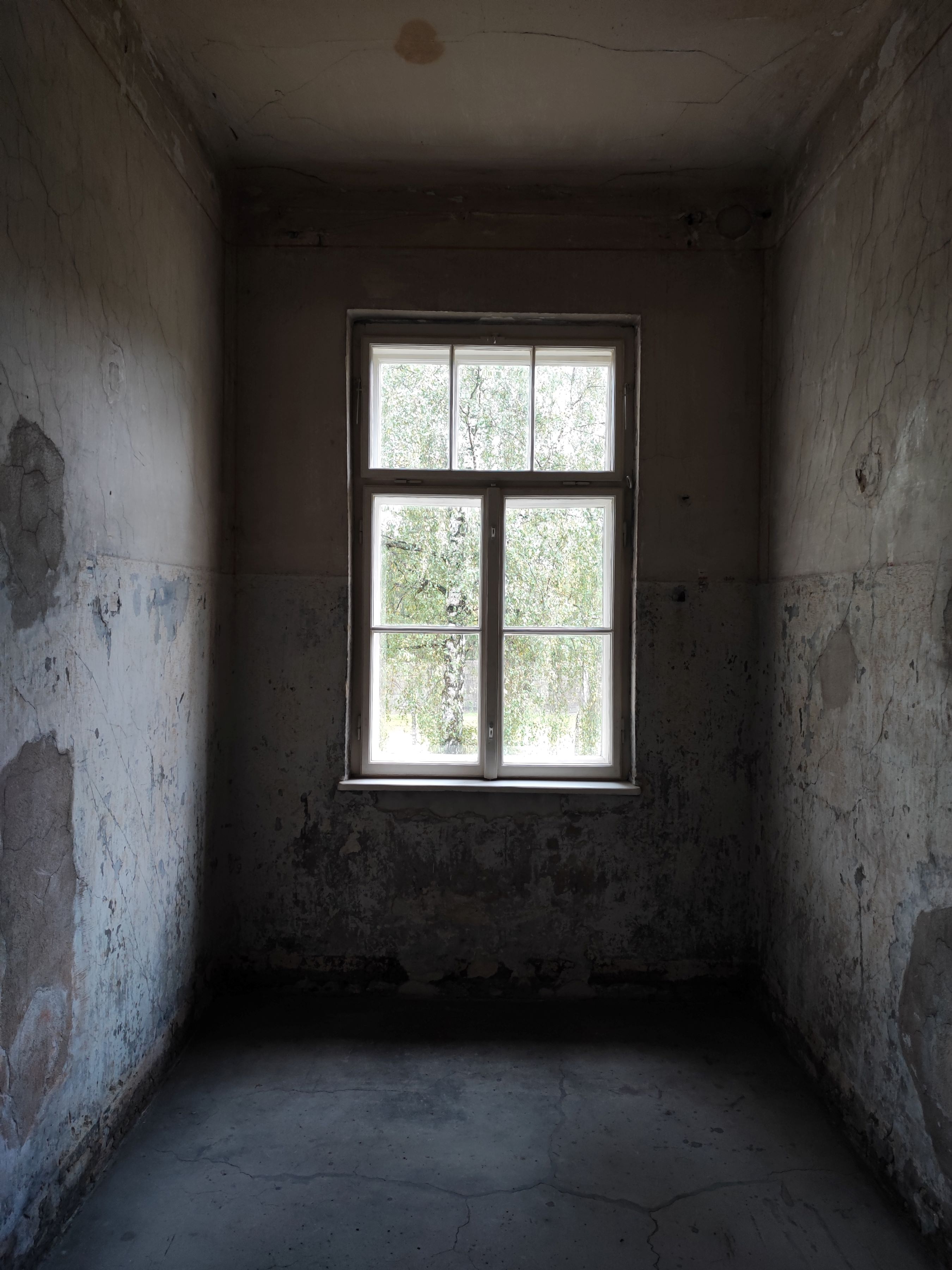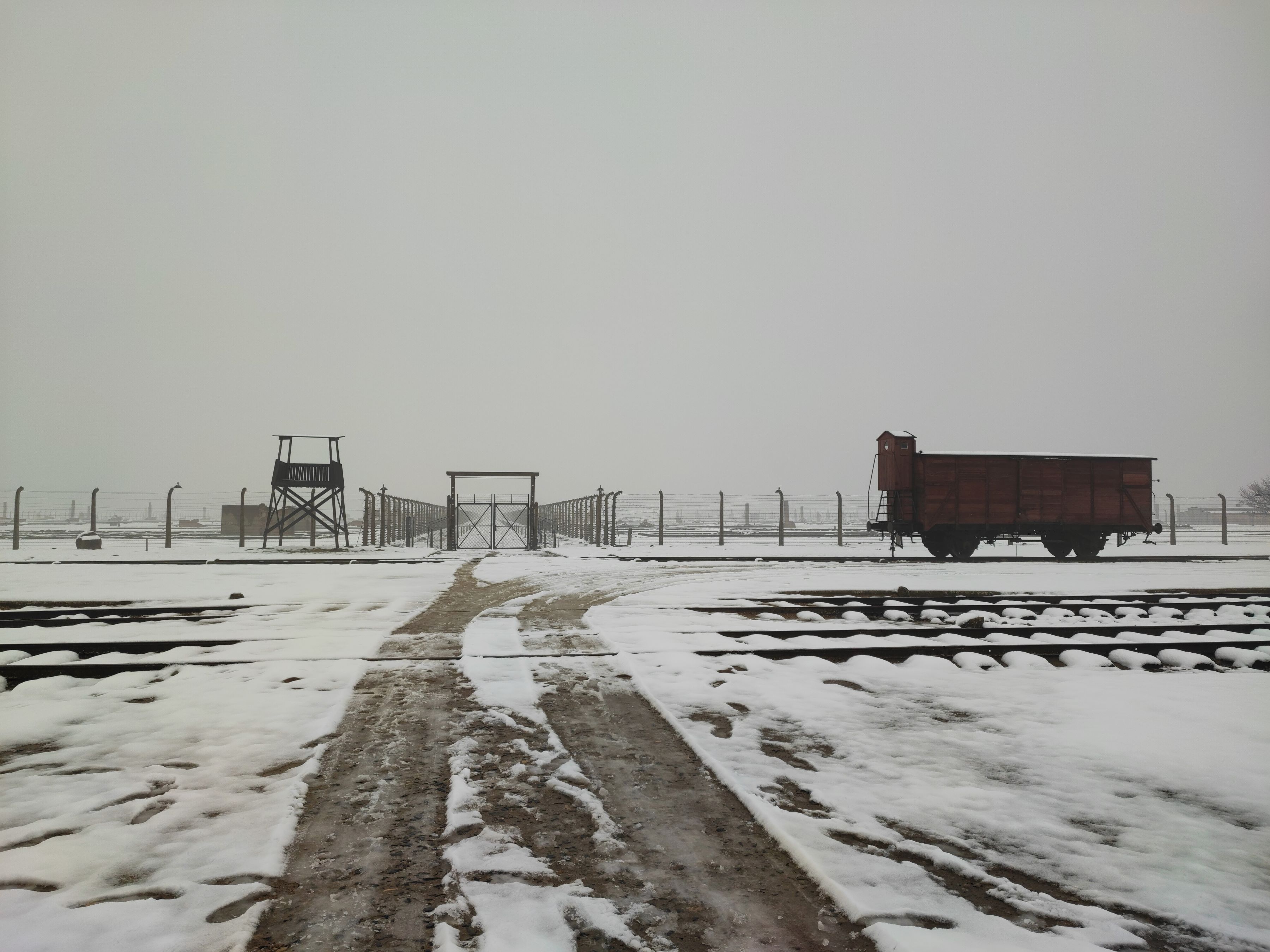The theater of politics stages more and more often tragicomedies. Absurd ideas and ridiculous acts expressed with dramatic seriousness start to have tragic consequences for the polarized and less and less amused audience. If it were not for polarization and siding with one troupe, common sense would call the audience to leave en mass, abandoning the politicians to themselves. When the lights go off and X is silent, there should be space for reflection. But our tribalism, basic curiosity and ferocious sensation-seeking makes us sit there and continue this theater of illusion. This continues until we are overwhelmed with a barrage of talking points, obscuring basic ideas. Contemporary political spin with its broad commentariat and echo chamber of social media is about polarizing the audience and then beating it in the corner with just one narrative. Dialogue, rationality, and consensus as corner stones of democracy have been traded for the razzle-dazzling of social media clickbait shit storms. Every domain of life is saturated with politics as the culture of having an instant position and commenting on everything is omnipresent and growing. If everything belongs to the politicians, there is no more common space left for the democratic society. This is how tyrannies are born.

Image: Block number 3 in Auschwitz I. Photo: T.Cebulski – Sky Heritage Pictures.
The early 20th century tyrannies concluded with Soviet gulags and Nazi camps for those who questioned authority. Genocide became a legalized and socially accepted political tool. People were surfeit with and directed by ideologically dictated hatred of the politically singled out other. The world succumbed to Auschwitz.
Those disastrous experiences of humanity were the very corner stone for the postwar international cooperation and the gradual construction of legal order guarded by universal global institutions. International law established norms in human rights, diplomacy, war and economy. Meaning, all domains of life oriented into the universal sense of security and wellbeing of individuals. Its progressive and idealistic premises were often only later accepted as individual state laws. They are far from being abstract the way we see them today, after we took those for granted decades ago.
The decades we live in highlight the dominance of the narcissistic, populist individuals in politics: older men who are convinced they are never wrong, who incite divisions and have nothing to lose. Short-term oriented populism and nationalistic sentiment mixed with revisionist approach to international law and order took its toll during WWII. For decades after 1945, the inner responsibility of most democratic politicians sidetracked populism as a method of building support. The memory of loss of life, the memory of Auschwitz as well, personal traumas, defined the minimal responsibility in the choice of political tools. Even when political conflicts were raging across societies there was care for a certain minimal common ground rooted in identity and protected by state and international laws.

Image: Auschwitz II – Birkenau. Photo: T.Cebulski – Sky Heritage Pictures.
Where are we 80 years later on the eve of commemorating one anniversary of 1945 after another? Very soon the eyes of the world will focus, for as short as our contemporary attention span allows, on Auschwitz. The 27th of January is now an International Holocaust Remembrance Day recognized by international law. In studying the round of liberation anniversaries, these are always politicians who take over and redirect attention from the sacred cemetery of Auschwitz, which calls for silent reflection, into themselves. Some 20 years ago the Auschwitz State Museum stopped formally inviting the state delegations and gave all of its organizational attention to the survivors. States were just informed about the ceremony, and it was up to their discretion to send a delegation or not. Politicians were gradually sidetracked from touting their agendas at the ceremony and made to sit in uncomfortable chairs and listen. For the last 20 years, instead of listening to political slogans like ‘never again’ and rather hopeless calls for peace we have heard from survivors themselves.
10 years ago it was Roman Kent begging us not to be indifferent in the words:
“And yet, in view of the current participation and awareness of so many world leaders, there is visible proof of compassion and involvement instead of indifference. This is progress …. it is now up to the leaders of tomorrow. But there remains so much more to be done. We all must be involved and stay involved .... no one should ever be just a spectator! I feel so strongly about this point that if I had the power, I would add an Eleventh Commandment to the universally accepted Ten Commandments: “You should never, never be a bystander.”
5 years ago it was Marian Turski to remind us:
“This is very important. Thou shalt not be indifferent in the face of lies about history. Thou shalt not be indifferent when the past is distorted for today’s political needs. Thou shalt not be indifferent when any minority faces discrimination. Majority rule is the essence of democracy, but democracy also means that minority rights must be protected. Thou shalt not be indifferent when any authority violates the existing social contract. Be faithful to this commandment. To the Eleventh Commandment: thou shalt not be indifferent.
Because if you are indifferent, you will not even notice it when upon your own heads, and upon the heads of your descendants, another Auschwitz falls from the sky.”
This year there may be fewer survivors at the ceremony than the total number of years since the liberation of Auschwitz. The generational change brings also a memory change from the trauma-rooted prime memory to the constructed secondary memory prone to distortions. Soon, there will be no survivors to speak and politicians will rise again. In the postmodern world the value of truth which demands understanding of complexity is giving way to the simplistic operational narratives that serve the politics of memory or profit-oriented marketing.

Image: Construction of a tent over the Death Gate in Birkenau for the 80th Anniversary of liberation. photo T. Cebulski-Sky Heritage Pictures
Unfortunately, in the weeks before the 80th anniversary of the Auschwitz liberation, politicians are taking the center stage again. Just over a month before the ceremony The Washington Times published a fake news piece to blatantly inveigh about a diplomat from Polish Ministry of Foreign Affairs, stating in a “Rzeczpospolita” newspaper interview, that if Benjamin Netanyahu chooses to be the part of the Israeli delegation to the event he will be imprisoned under the arrest warrant issued by the International Criminal Court (ICC). This columnist’s opinion contained also a vague political blackmail about negative consequences for Poland within the new Trump administration. The language and tone was a patronizing political newspeak not allowing any objection. Executive order was sent by the journalist to the peripheries. This sparked the social media polarization and reduced the whole event to the very current position-taking in support or against Netanyahu and his presence in Poland. A typical snowball effect of self-serving political commentaries has ensued. The Polish Ministry refuted the fake news and waited. Meanwhile the media snowball caused the first delegations to boycott the event. The former CEO of the American Jewish Committee and a long-time advocate for strengthening Poland’s ties with Jews in diaspora and Israel, David Harris, has announced that he has cancelled his planned trip to Poland for the event. Polish waiting and lack of position was interpreted as antisemitism, what else? The storm continued to rage to the point when on January 8th the Polish president, looking for some political traction against the D. Tusk government, issued a letter asking the prime minister to guarantee that no arrest will take place. A day later, the Polish government, being pushed against the wall, issued a fascinating resolution in which it “guarantees a free and secure access and participation in those ceremonies to the highest representatives of Israeli state”. Does it offer legally a safe conduct to Netanyahu in Poland? Not really. It is rather an attempt to close down the needless conversation. Attempt failed. The argument rages on, destroying the very essence of the commemoration of victims and preventing the reflection this moment demand and the reflection on where irresponsible politicians may lead us. To make the case more interesting, Israel already in mid-December 2024 declared that the minister of education, Yoav Kisch, will head its delegation. All those developments give B. Netanyahu an ample political options. He may choose to come personally, using the enforced hospitality to make a point against the ICC ruling. If he does there will be another skirmish about him delivering a speech. Poland has offered a wonderful opportunity to take apart another element of international law and legitimize selective ambiguity in international relations. In such way politicians are taking apart the entire international legal legacy created to prevent Auschwitz from happening again. Soon, we will be at the whim of the omnipresent and omnipotent political will of one leader, or a rapidly forming coalition of leaders who warp their populism with technocratic IT moguls.
Netanyahu's presence stirs emotions and political division, overshadowing the significance of Auschwitz's 80th liberation anniversary. The die of division has been cast. The actors are waiting just behind the curtains and their keyboards to start their agenda onslaught at the 27th of January. The truth today is always created by those who dominate the narrative.
As we approach this milestone anniversary, we are reminded not just of the horrors of the past but of our responsibility to honor the truth. The silence of the survivors will soon echo as a call to action—lest history be rewritten by those who prioritize power over memory. If everything belongs to the politicians, there is no more common space left for the democratic society. This is how tyrannies are born.
Tomasz Cebulski, PhD
Disclaimer : This text was written and edited by the human intelligence. The only one we have and can rely on. Thus, it may have some imperfections as a tribute to the sophistication of a human brain. Often imperfection helps us to remember.



